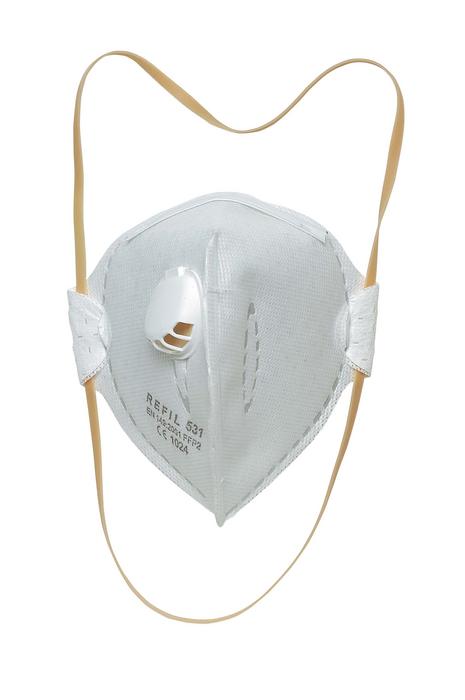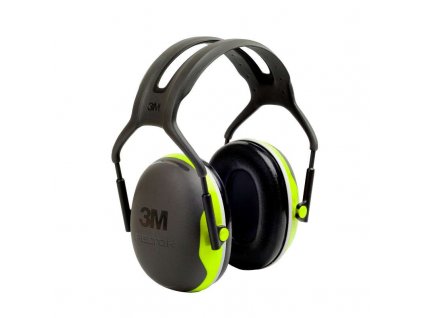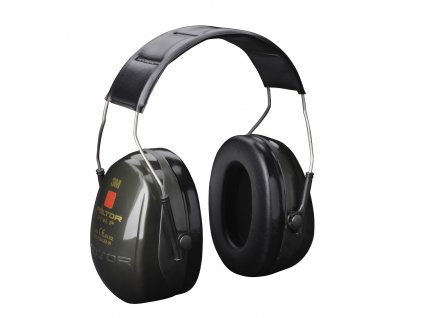› Respiratory protection › Disposable Half Masks › Disposable Respirator REFIL 531 - FFP2 foldable with valve
Disposable Respirator REFIL 531 - FFP2 foldable with valve
Description
Respirator REFIL 531 FFP2 with valve
Particulate filtering half mask with exhalation valve EN 149:2001+A1:2009 FFP3 NR
The REFIL 531 respirator is designed to protect the user against inhalation of solid particles and liquid aerosols not exceeding 50 times the NPK/PEL. The respirator does not protect against gases and in air with less than 17% oxygen. It must not be used for protection in environments where the composition and concentration of airborne pollutants are unknown.
Read the instructions for use before use, check the respirator for damage and follow the instructions when putting the respirator on your face. The respirator is designed for single use, it is not cleaned, the period of use depends on the dust concentration in the workplace and the activity of the user.
FFP protection level 2:
10 x PEL = 30 times the permissible exposure limit - general limit value - for dust at the workplace
Use of the FFP 2 respirator: against fine toxic dusts, mists and aerosols on water and oil base and toxic smoke.
Examples: FFP 1 + FFP 2 - aluminium oxide, bauxite, borax, brick dust, cellulose, cement, coal dust, gypsum, limestone, burnt gypsum, pollen, Portland cement, sucrose, sugar, brake dust, calcium oxide, kaolin, concrete dust, cotton dust, granite, hay, lead dust and fume, welding fume particles (not heavy metals), silicone, sodium hydroxide, wood dust (softwoods only), zinc oxide fume.
The respirator must be replaced if:
- dust has penetrated the respirator and contamination, odour or other sign of respirator penetration has been detected
- there was a significant increase in respiratory resistance
The respirator must be stored in a dry environment at temperatures between -5 and +40°C.
Instructions for putting on a respirator:
- Open the respirator by opening the nose piece
- Pre-shape the nose brace preferably according to the picture
- Put the respirator to your face and pull the clamping straps over your head
- Shape the nose brace
- Check the tightness of the respirator: take a sharp breath to check that air does not flow between the respirator and the face.
The improvement in tightness will be achieved by:
- by moving the respirator on the face to a more suitable position
- by modifying the shaping of the nose brace
- by moving the clamping straps to a more suitable position
- The tightness requirements are unlikely to be met if the wearer has a beard on the seating surface of the respirator seal line.
Producer: REFIL, s.r.o., Karlovy Vary

Be the first who will post an article to this item!














